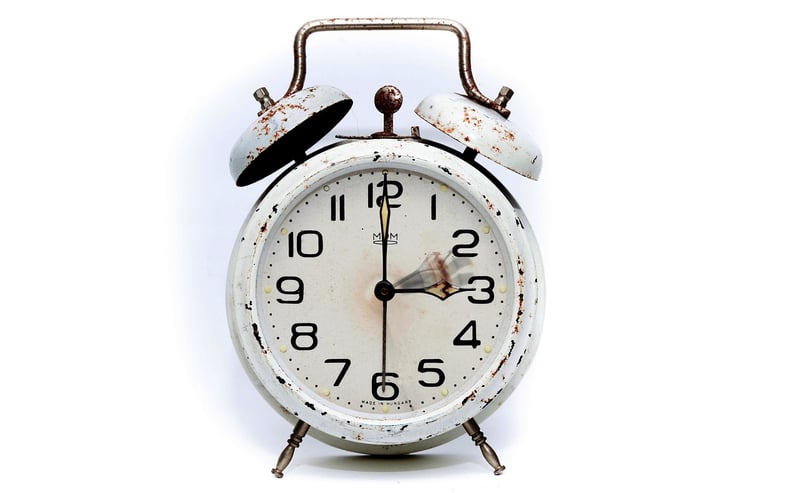Temporal Paradoxes
The Intersection of Ethical Considerations and Temporal Paradoxes
Exploring the complex relationship between ethical considerations and temporal paradoxes can lead us down a fascinating rabbit hole of philosophical inquiry and scientific speculation. While ethics guides our moral compass in the present, temporal paradoxes challenge our understanding of cause and effect across different points in time.
Ethical Considerations in Time Travel
One of the primary ethical dilemmas associated with time travel is the concept of altering the past. If given the ability to travel back in time, should we intervene in historical events to prevent tragedies or shape a better future? This raises questions about free will, historical determinism, and the unintended consequences of our actions.
Image source: Time Travel Image

Temporal Paradoxes and Moral Dilemmas
Temporal paradoxes, such as the grandfather paradox or the bootstrap paradox, challenge our understanding of causality and logic. These paradoxes raise intriguing questions about the nature of time, the possibility of changing the past, and the implications of altering the timeline.
Image source: Black Hole Image

Resolving Ethical Quandaries in Time Travel
As we delve deeper into the ethical implications of time travel and temporal paradoxes, it becomes essential to consider guidelines or principles to navigate these dilemmas responsibly. Concepts like the Novikov self-consistency principle or ethical frameworks can offer insights into mitigating potential risks and ensuring ethical behavior across different timelines.
Conclusion
The intertwining of ethical considerations and temporal paradoxes presents a captivating intellectual challenge that forces us to reevaluate our understanding of morality, time, and the consequences of our choices. By pondering these intricate concepts, we can gain a deeper appreciation for the complexities of time travel and the ethical responsibilities that come with manipulating the fabric of time.
